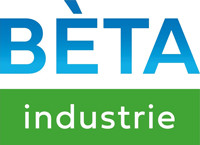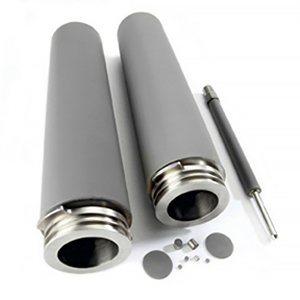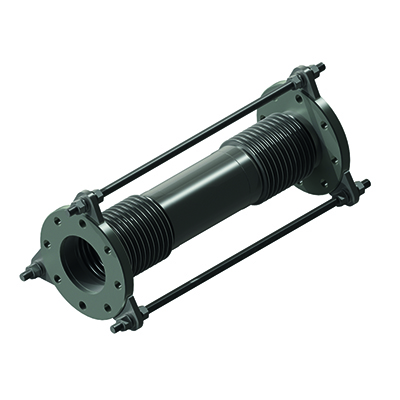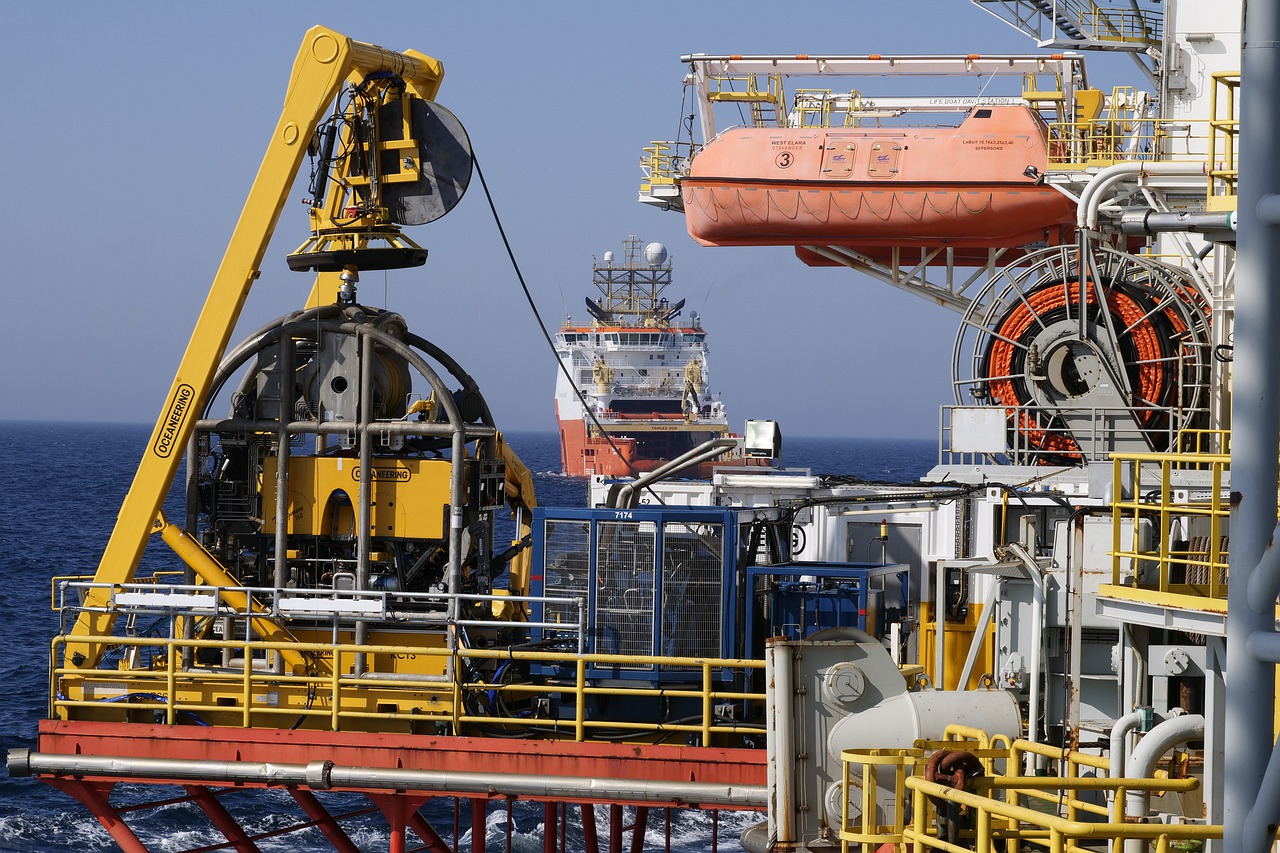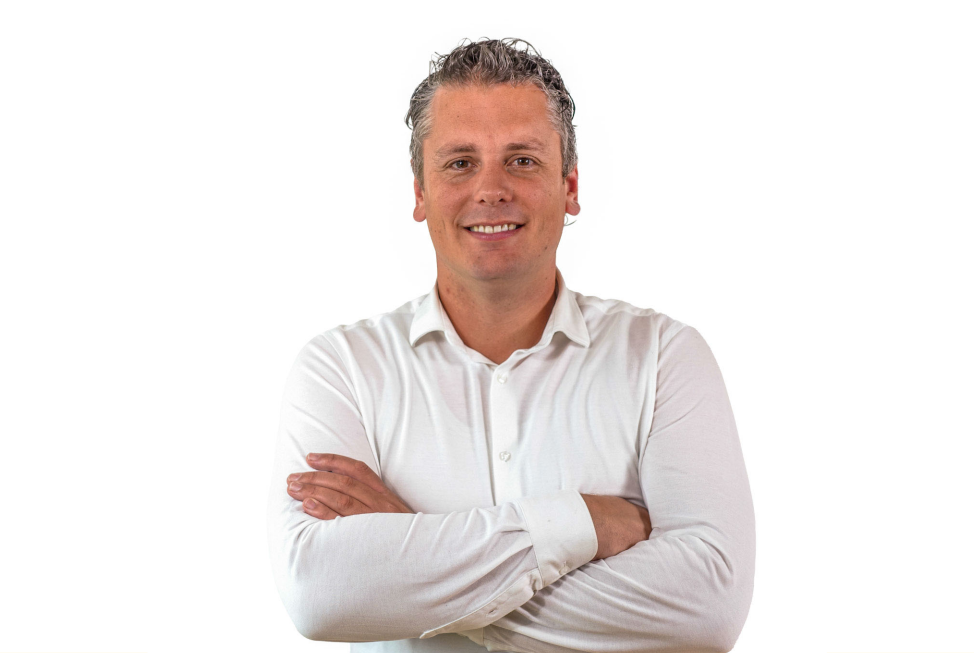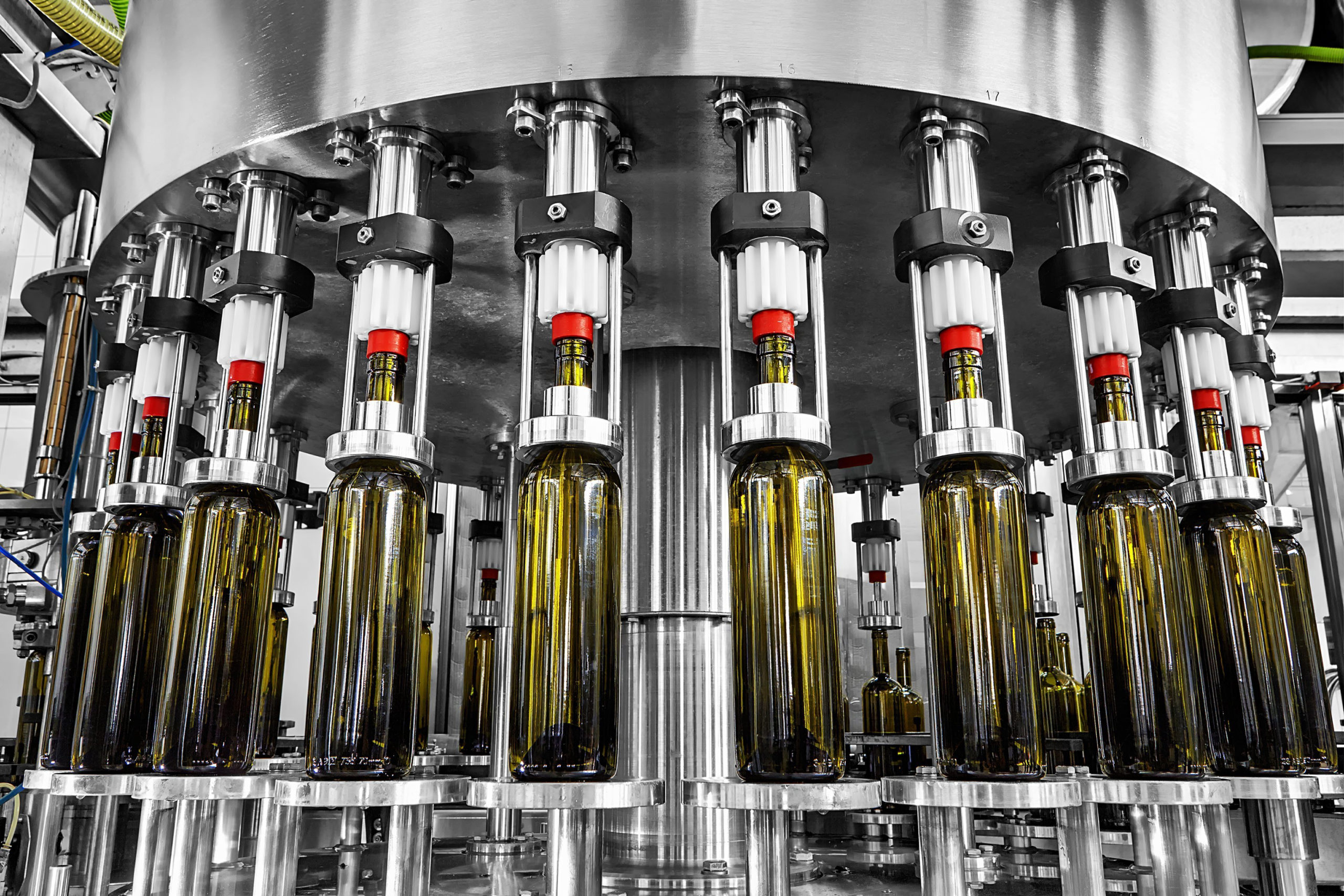
Filtration for cost savings at wine bottler
Filtration plays an important role in wine filling in the beverage industry. After all, it is a living product that may still contain bacteria. It is therefore essential that wine is bottled or otherwise packaged as sterile as possible to ensure quality and shelf life. Preferably in a cost-effective way, of course, without affecting the nature of the natural product. But that is not always easy in practice, according to the following case of the BÈTA industrie and a Belgian bottler.
Filter process for new production line
The bottler set up a new production line for filling wine. The company had no experience with this yet. Although the supplied wine has been pre-treated by the supplier and is relatively clean, different types of filters were needed to get the wine as sterile as possible in the bottle. The advice of BÈTA industrie turned out to be of great importance.
Microbiologically stable end result
“The main goal of the process was to ensure that the wine is microbiologically stable after bottling. And that the wine can be kept for as long as possible," says Vincent Eijt, director of BÈTA industrie.
That is why he opted for advanced filters from the English manufacturer Amazon Filters: initially a 0.65 micron SupaPore polyethersulfone membrane and later a comparable 0.45 micron SupaPore membrane. These advanced membranes provide superior throughput, without affecting the taste, aroma or color of the wine. “We have been supplying filters from this renowned manufacturer for years for the more critical process filtrations, such as in the beverage and food industry,” Eijt explains his choice.
Pressure-driven process
The pores in the membrane filters are so fine that bacteria cannot pass through them. The principle works on physical separation of the substances: some particles can pass through the filter, others cannot. The pore size of the membranes determines the degree of removal of suspended solids, turbidity and micro-organisms. It is a pressure-driven process that completely stops bacteria on the basis of sieve action.
In practice, however, the filters appeared to clog fairly quickly during the filling process. They were also impossible to clean. This was partly because the second-hand membrane backwash system that the customer had purchased to clean the membrane filters did not work properly. Therefore, the customer initially had to throw away too many filters.
Innovative solution with our filters
BÈTA industrie came up with an innovative solution together with the customer. A technical specialist from Amazon filters also came over from the United Kingdom for advice one day. This specialist also remained involved in the process in the background. “We developed a test together to determine the filterability of the wine supplied. If the wine is not clean enough, the customer now first applies a pre-filtration with kieselguhr plates. These pre-filters are cheaper than the membrane filters from Amazon filters and have a higher dirt trapping capacity. As a result, the more expensive membrane filters are well protected and they last much longer.”
Keep filters wet
When the customer starts filling, the operators first test whether the membrane filters are not leaking. They do this by forcing air through the filters under high pressure - 600 mbar. During the process it was also found that it is essential that the filters are wet. This can be done by rinsing them with water for a long time.
Significant savings
After all, when the filters are too dry, the air passes through the pores. “We also found out that the customer was using the wrong cleaning agent. This left the filters too dry. That is why they have stopped this based on our advice.” The advice of BÈTA industrie ensures considerable savings for the customer. It now uses much less expensive membrane filters. The filling process is now much more controlled. The customer is grateful for the result! Are you also curious about what our filtration options can mean for your processes? Then contact us! Our specialists will gladly assist you. You can easily contact us, you can do this by telephone on +31 79 341 55 18 or simply via the button below!
Neem contact op
- Disclaimer
- Sitemap
- Links
- © BÈTA industrie 2025. Alle rechten voorbehouden.

